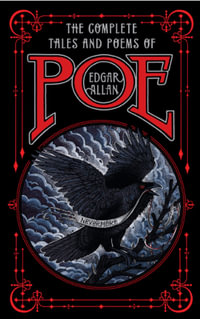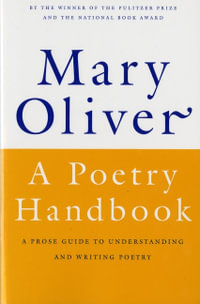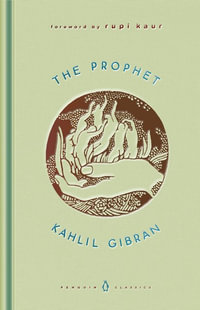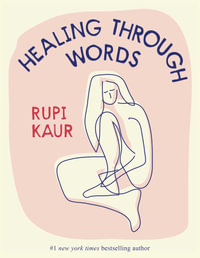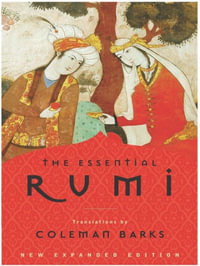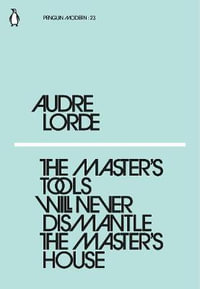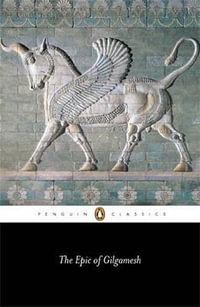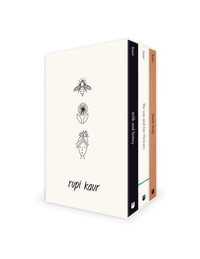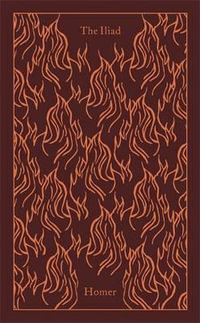No one before or after Kurt Tucholsky has captured the horrors of the “Great War,” as World War I was known, quite like he did. The famed Weimar writer, who would become one of Germany’s best-known satirist and journalists, describes surviving in the trenches and fighting a losing battle, the arrogance of the officers and the desperation of the loved ones back home. His writing is similar to that of Heinrich Heine, his role model, in that it appears superficially simple but is replete with hidden meanings. His works are touching, stirring, and precisely to the point. He brings alive the war that still looms even into our own 21st century. This is the first bilingual anthology in German and in English of his works on World War I.
The First World War was the “Great War”. Everything that happened after this war, even into our own 21st century, is contingent on the years between 1914 and 1918. The Great War also shaped Kurt Tucholsky who emerged from the war.. His style is biting, satirical, and penetrating, full of Berlin gallows humor. This bilingual anthology contains English translation of his short stories as well as a rendition of his poetry about World War I, all representative of his style.
Industry Reviews
This volume illustrates the importance of sensitive translations as a route to the understanding of significant historical realities. Such texts are essential resources through which future generations may grasp the impact upon humanity of global tragedies such as the First World War; tragedies from which vital lessons should have been, but have not yet, been learned.
- Felicity Rash, Professor of German Linguistics. School of Languages, Linguistics and Film
Queen Mary, University of London
The Nazis kept a long list of writers to settle scores with, but one in particular infl amed them: the left-wing satirist Kurt Tucholsky. In articles and poems, he took aim at nationalists,
militarists and fat cats. . . Tucholsky was big, the most brilliant,
prolific and witty cultural journalist of his time.
-William Grimes, The New York Times
In this skillful compilation of Tucholsky's poetry and prose, Appelbaum and Scott bring new insight and understanding of the author's sharply critical depiction of the terrors of WWI.
-Barton W. Browning, Associate Professor of German Emeritus, Penn State University
Such sensitive translations are essential resources through which future generations may grasp the impact upon humanity of global tragedies such as the First World War; tragedies from which
vital lessons should have been, but have not yet, been learned.
-Felicity Rash, Professor of German Linguistics School of Languages,
Queen Mary, University of London



